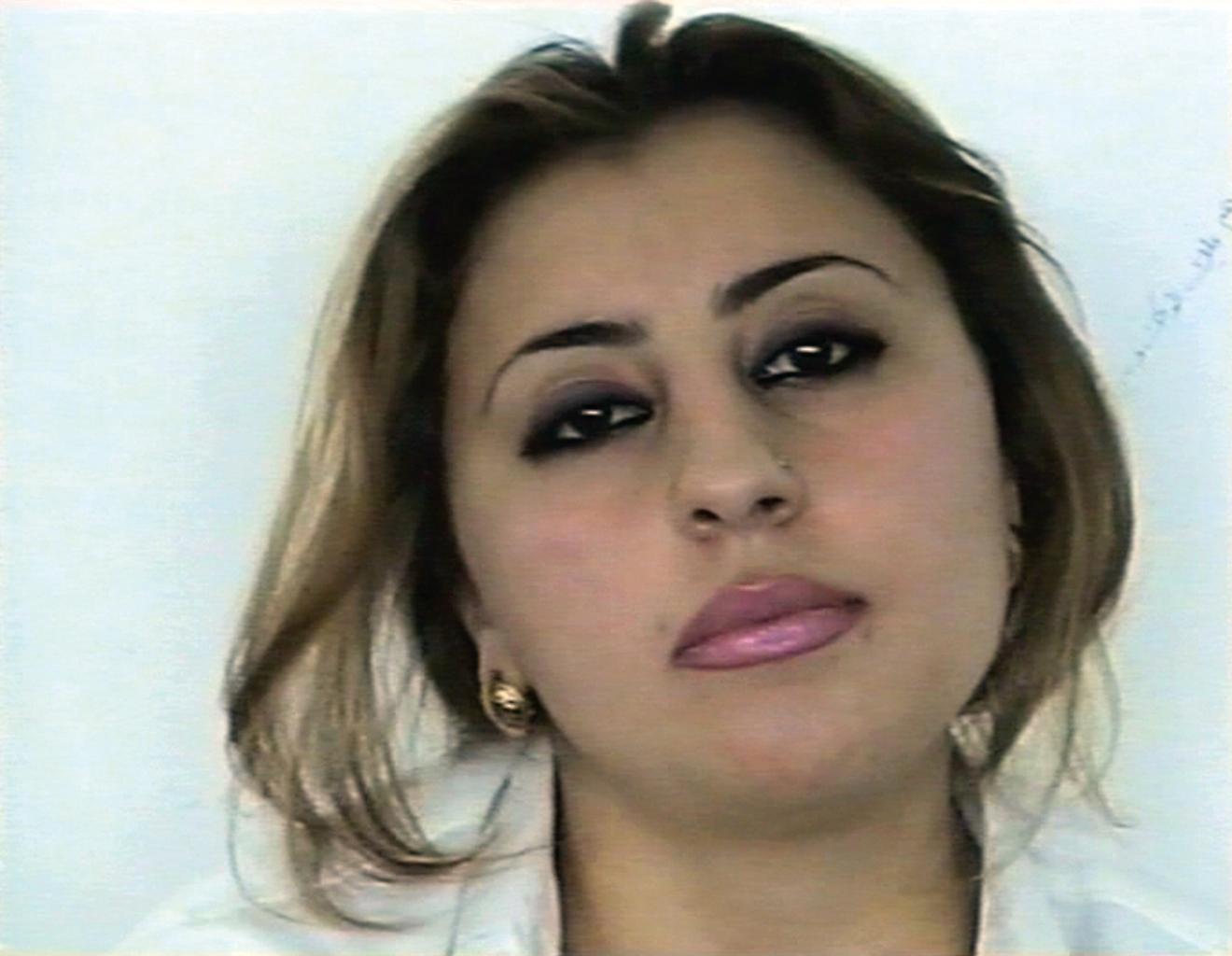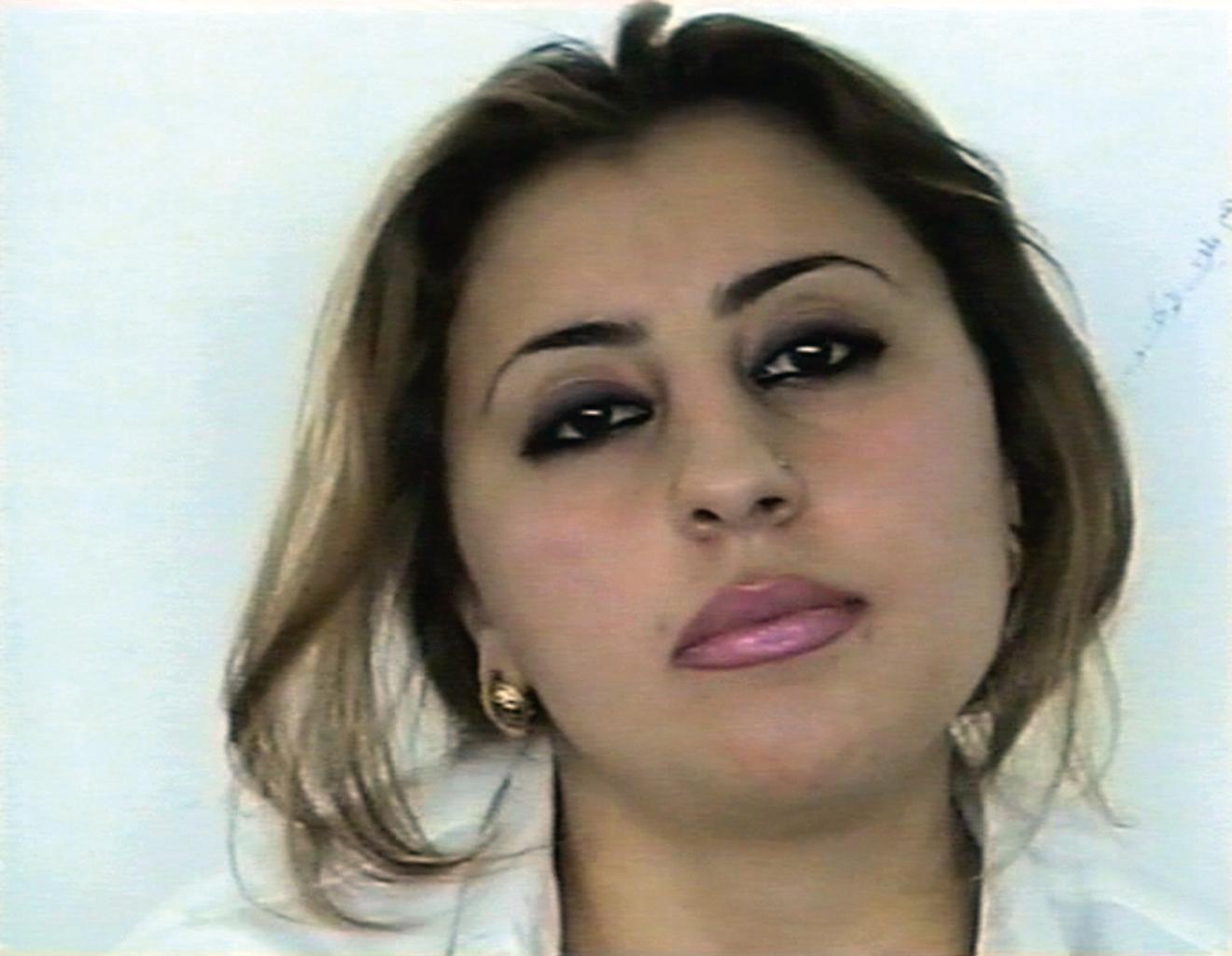[ad_1]

Phil Collins, baghdad screentests, 2002.
COURTESY THE ARTIST AND TANYA BONAKDAR GALLERY
Earlier this month, the Museum of Modern Art in New York reopened to the public following a $450 million renovation and expansion—and quickly became a site of protest. At one of its VIP opening receptions, activists called on the museum and one of its trustees, Larry Fink, to cut their alleged ties to financial-service companies with connections to private prisons. Now that controversy has erupted yet again, this time at MoMA’s sister museum, MoMA PS1 in Queens.
In a statement sent to ARTnews, artist Phil Collins said that he would remove his work from “Theater of Operations: The Gulf Wars 1991–2011,” an exhibition at PS1 about American military interventions in Iraq due to open on Sunday, November 3. Collins was to show his work baghdad screentests (2002), a video that takes the form of Andy Warhol’s “Screen Tests,” featuring 40 people from the city silently staring at the camera.
Collins said in the statement, “This decision is an expression of solidarity with the millions of human beings currently held in cages in U.S. prisons and jails, with their communities and loved ones, and with friends, colleagues, organizers, and campaign groups working tirelessly to call out, resist, and counter the social violence perpetuated by the prison system.”
A representative for PS1 did not immediately respond to request for comment.
Activists have previously called on MoMA and Fink to stop using financial companies with holdings in private prison companies and to reinvest the funds in places to be determined by communities affected by mass incarceration. They allege that MoMA relies on Fidelity Investments, a company with stakes in the private prison companies GEO Group and Core Civic, to manage its pension fund, and that Fink’s company, BlackRock, is also invested in those companies. (A MoMA spokesperson has previously denied that the museum uses Fidelity to manage its pension fund. Fink is not on the board of PS1, which is a separate but related institution from MoMA.)
“Given that the MoMA PS1 exhibition is addressing war in the Middle East, there is added urgency in this since BlackRock also owns billions of dollars in shares of weapons manufacturers and oil companies,” the MoMA Divest coalition, which comprises activists from New Space Sanctuary, Art Space Sanctuary, Decolonize This Place, and other groups, said in a statement accompanying Collins’s.
Collins’s statement said that baghdad screentests will be screened elsewhere in New York in the coming months, with the hope of reaching “communities around the city that are affected by dispossession, war, detention, and incarceration economies and policies.”
This is the first time the controversy over board members has spread to PS1 since MoMA reopened earlier this month. But Fink is not the only MoMA board member currently being protested—activists are also demanding that the museum remove Steven Tananbaum, another trustee, from its board, alleging that his assets management company owns a significant amount of debt from Puerto Rico. At an action in front of the museum on opening day, seven activists were arrested.
“The times we live in are not business as usual,” Collins wrote in his statement. “Museums and cultural spaces, their collections, exhibitions, and programs, should not be aligned with or funded by investments in mass incarceration, war profiteering, ecological catastrophe, debt ownership, devastation, oppression, and the pain of others.”
[ad_2]
Source link

